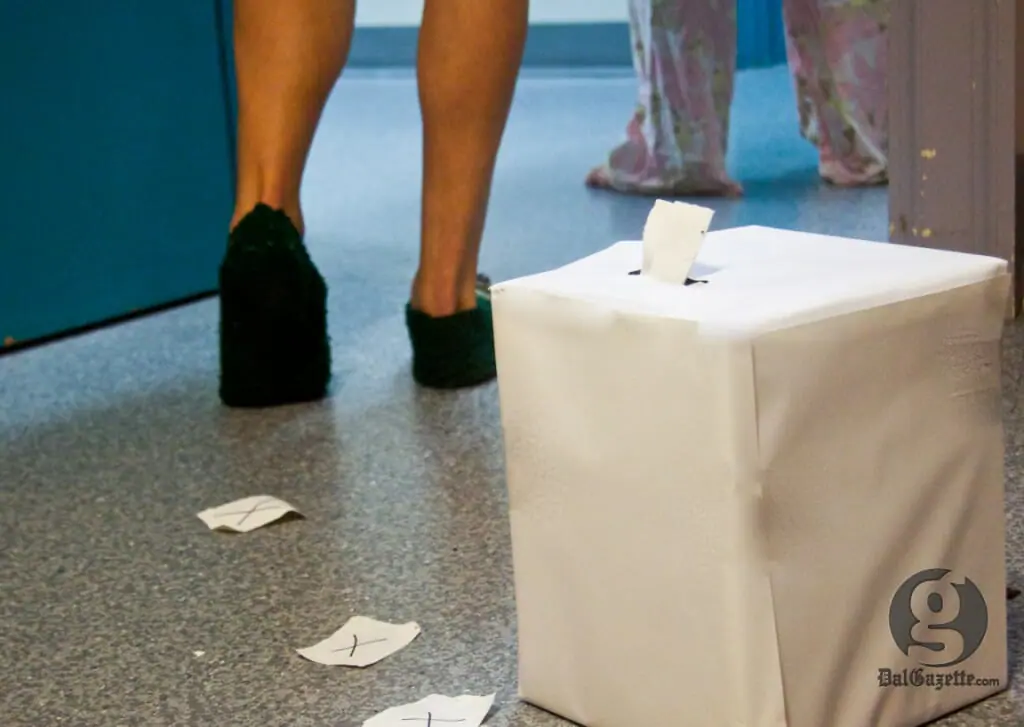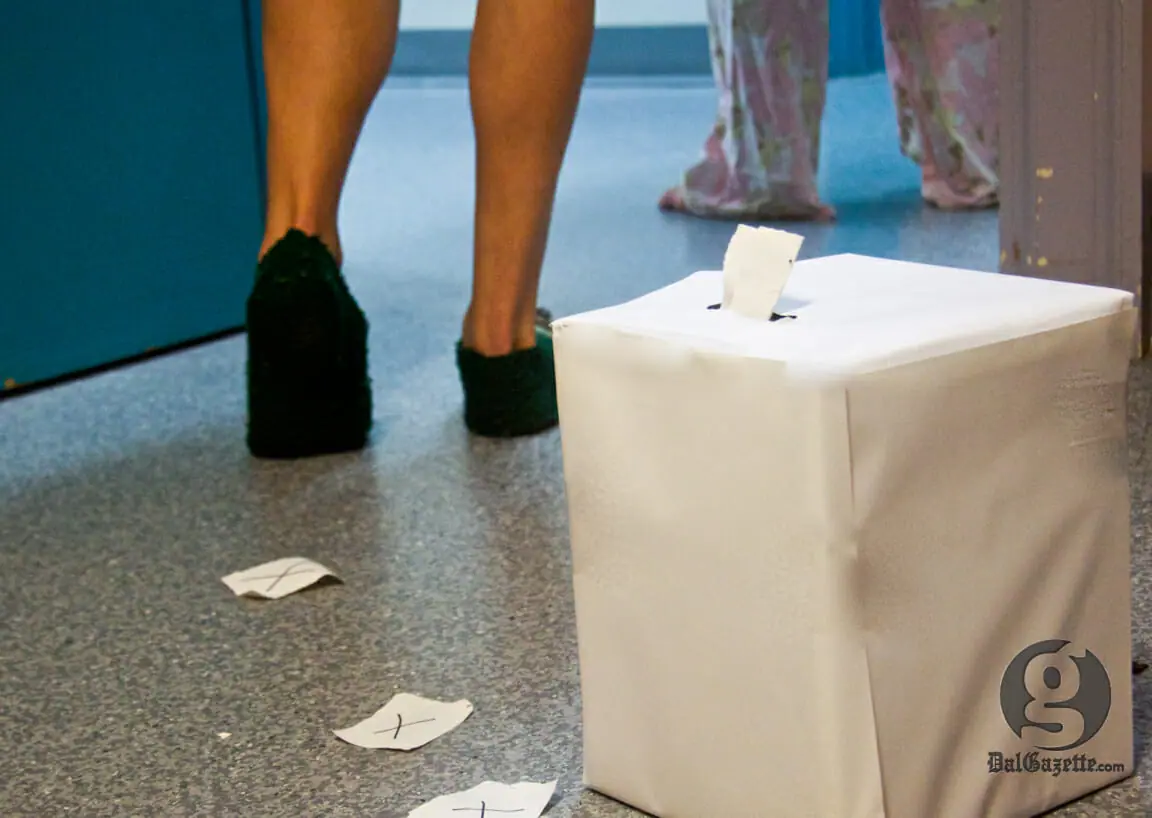
On October 20, polling stations opened across Halifax for the municipal election. A new mayor was elected, while most of the city councillors are old faces that won the right to return to city hall. Not so in district seven, where many of Halifax’s students live. By just 114 votes, Waye Mason ousted incumbent Sue Uteck. Commentators who decry the so-called apathy of young people would do well to take a closer look at this race.
Uteck was a rival of the former mayor, Peter Kelly. Her political base was largely in the richer sections of her district, and she had a friendly relationship with property developers in HRM. Her voting record consistently supported their interests, and they returned the favour by donating to her campaigns, putting her signs outside their buildings and in one case directly soliciting for her to tenants by mail. This must have resonated among the district’s lower-income residents (notably students), feeling squeezed by rising rent prices.
Mason, on the other hand, campaigned on issues such as transit, affordable housing, and funding for arts and culture. It is notable that, other than the Dawgfather PHD, Mason was the only candidate with consistent visibility on campus. He held meet-and-greet events at the Grad House, advertised weekly in the Gazette, attended election-related events organized by the Metro Student Coalition, and had a specific, detailed section of his platform oriented towards students. He openly admitted that tuition fees are higher than they should be. Though he has yet to be tested in council, he is on paper a more pro-student councillor than Uteck was.
This is not meant to be a love-in for Mason. Rather, it proves a point: sincere outreach to students and understanding the issues we face pays off politically. Young people do tend to vote in smaller numbers than the rest of the population, but in a battleground district those couple hundred student votes make the difference. Mason won by 114 votes, and he was the only competitive candidate visible on campus. It seems likely that the students who voted did so for Mason. In the district seven race, political careers were made and lost by students.
Remember that in next year’s provincial election. Nova Scotia will head to the polls after four years of New Democrat government, characterized by a relentless drive to get “Back to Balance.” Not quite the red menace that the outgoing Progressive Conservatives depicted them as, their policies reduced the provincial deficit over time through increased consumption taxes and cuts to the public sector. By the time the spring budget comes, the NDP will have cut university operating budgets by ten per cent. By the time of the next election (projected for 2013) tuition will have been raised 9 percent, and the limits on how much international and professional students’ tuition fees can increase by will have been removed. While they increased funding for needs-based grants, they have not kept up with tuition fee increases at a one-to-one ratio, which means that student debt is still rising.
Was it necessary? The government’s line is that the budget had to be balanced, and the province’s finances were in poor shape after a decade of Progressive Conservative mismanagement. Their claims of poverty are undermined by the generous handouts their government has given to the private sector: $57 million for a convention centre; $25 million loan to controversial open-pen salmon farms; $304 million to Irving. Yet for a mere $30 million (less than the convention centre), per-student university funding could be restored to 1990 levels and allow for a tuition freeze. Opposing university cuts is a reasonable position.
District seven was a tight three-way race. The provincial riding for roughly the same area, Halifax Citadel Sable Island, will be as well. Since 1993, the riding has only re-elected an incumbent once. All parties will have to work hard to win Halifax Citadel, and will need every vote they can get. As Waye Mason has proven, students hold the balance of power. This support should not come cheaply. Students should demand from all parties that funding cuts to education be reversed and tuition increases stopped. Students should not return the NDP if they don’t change course on university funding. Nor should we mobilize for Liberals, Conservatives or Greens if they don’t put forward constructive alternatives.
Students hold the balance of power in this battleground riding. Let’s use it. Take the time between now and the next election to raise the profile of education issues, and force the politicians to act. Educate yourself on the issues, raise awareness, write letters to the editor, write to politicians, and hold public events. If we want it, students can make a big impact. Let’s start organizing.


Recent Comments